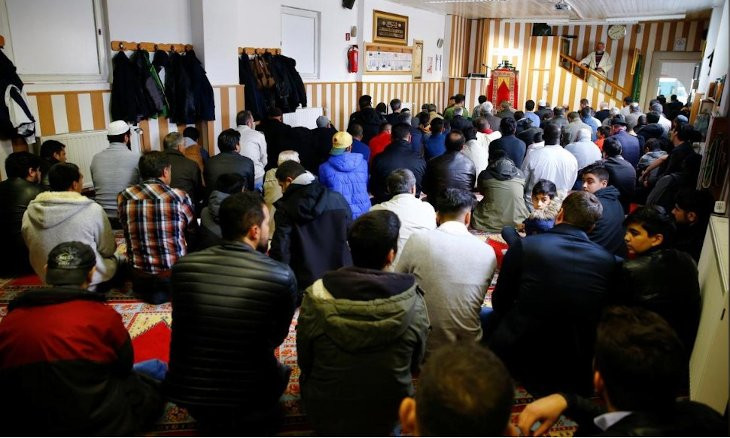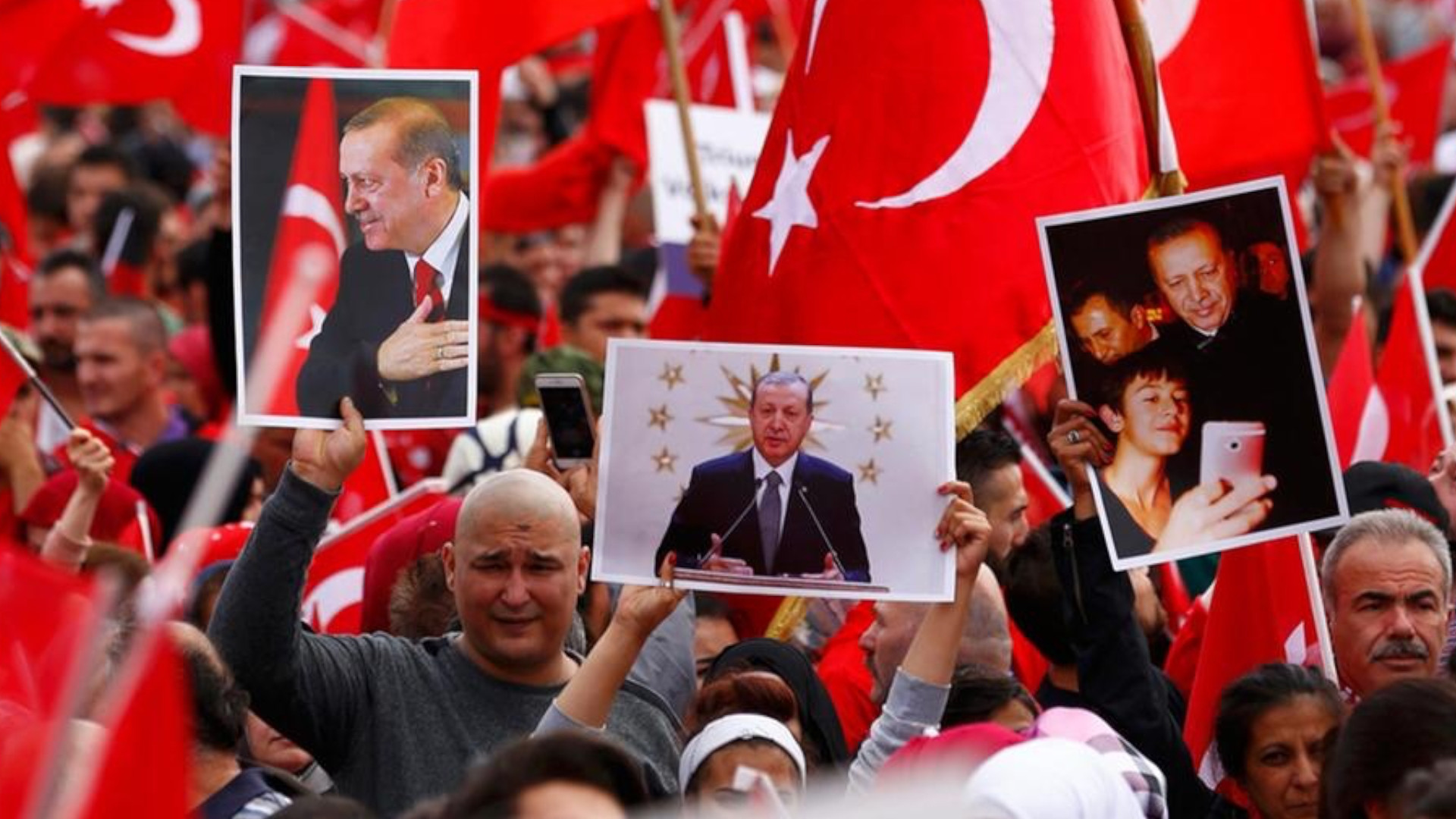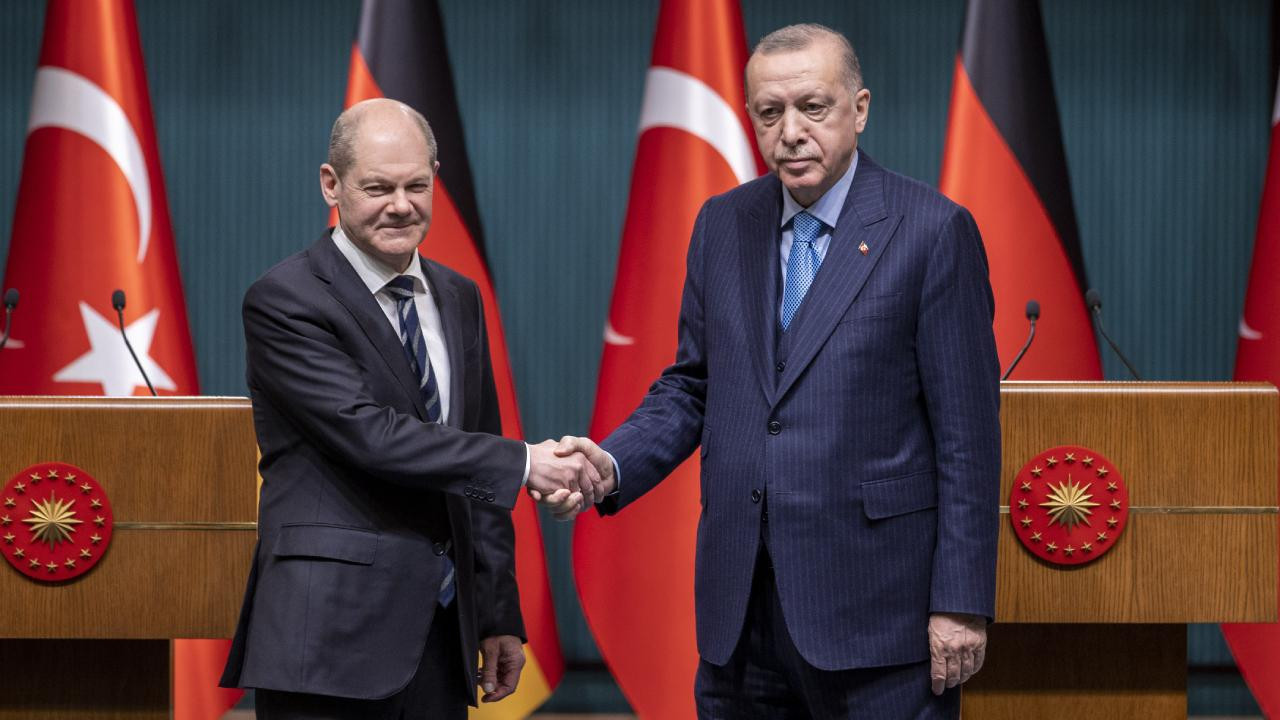Turkey halts sending imams to German mosques, German ministry announces
Germany has reached an agreement with Turkey to gradually end a controversial program that sends Turkish imams to mosques in Germany. The German Interior Ministry announced the decision, stating that it aims to enhance the integration of Muslims in Germany.
Reuters
Germany has agreed with Turkey to phase out a controversial programme that posts Turkish imams to German mosques, the interior ministry in Berlin announced on Dec. 14, saying that the move would boost the integration of Muslims in Germany.
Some 100 imams are to be trained in Germany each year, under an agreement between the ministry, Turkish religious authority Diyanet, and Turkish-Islamic Union for Religious Affairs (DİTİB).
These imams will gradually replace Diyanet-employed clerics working in Germany, which has a large Turkish diaspora but has seen its government often spar politically with Turkish President Recep Tayyip Erdoğan and his Islamist-rooted Justice and Development Party (AKP).
"We need clerics who speak our language, know our country and stand up for our values," German Interior Minister Nancy Faeser said in a statement.
"This is an important milestone for the integration and participation of Muslim communities in Germany," she added.
DİTİB, the largest Islamic association in Germany with some 900 mosques, has been the subject of political controversy in the country, most recently when an Afghan Taliban member spoke at one of its mosques in the western city of Cologne last month.
In 2017, German officials called on DİTİB to undertake fundamental reforms following allegations that its imams sent by Diyanet had spied on behalf of Ankara. Diyanet denied any involvement and a probe was closed without any charges brought.

 Germany set to educate imams locally in bid to reduce foreign influenceWorld
Germany set to educate imams locally in bid to reduce foreign influenceWorld Germany tolerates Turkish political violence in exchange for housing refugeesDiplomacy
Germany tolerates Turkish political violence in exchange for housing refugeesDiplomacy Some 45 pct of Germans oppose President Erdoğan’s visit to GermanyDiplomacy
Some 45 pct of Germans oppose President Erdoğan’s visit to GermanyDiplomacy